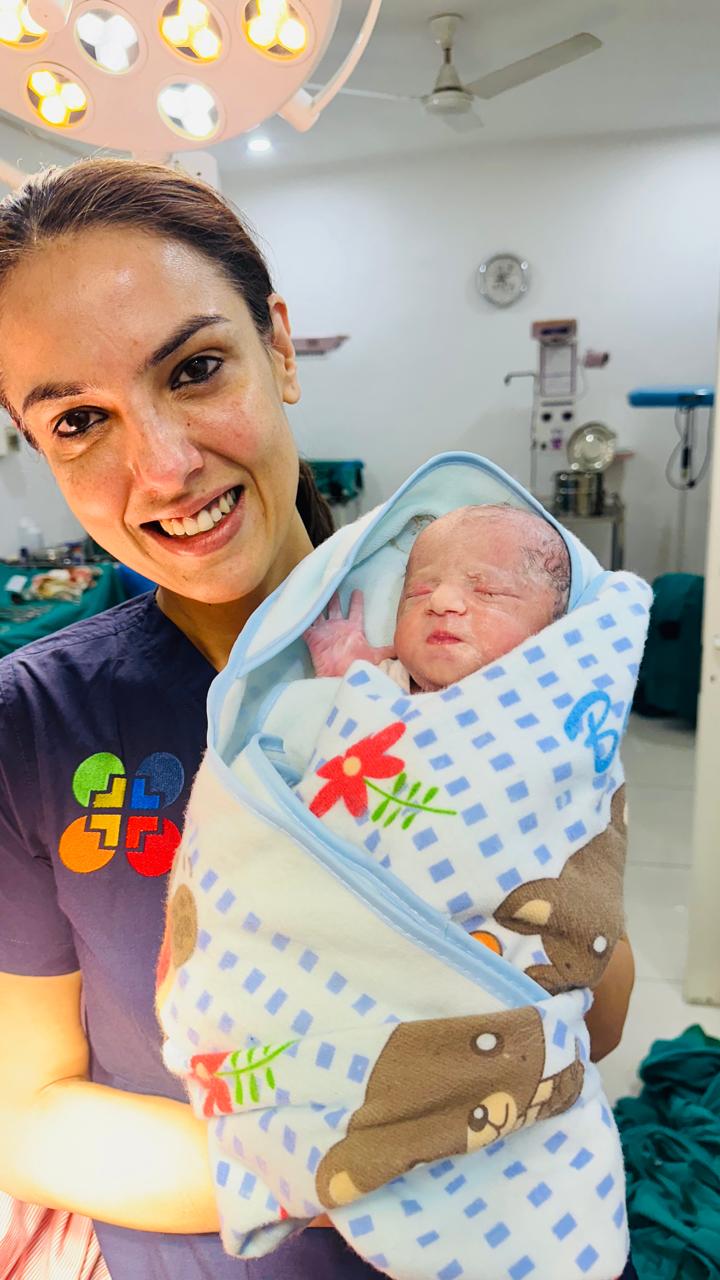Pregnancy casts so many changes in a woman’s life-a time filled with joy, curiosity, and a lot of questions, with food being one of them. One of the questions often asked by most is whether sapota is safe to eat or not. With its soft, sweet pulp and grainy texture, it is one of those fruits that, if considered safe or consumed, the pregnant lady would want a good share of. But does pregnancy allow the intake of sapota?
The short answer to this question is that sapota is generally safe to consume while pregnant in order to benefit health. However, like any other type of food, various guidelines and precautions should be kept in mind. So below is everything about eating sapota during pregnancy. Earlier in our previously published blog post, we talked about the pros and cons of eating Maggi during pregnancy.
What Is Sapota (Chikoo)?
Sapote is tropical; perfect description: sweet-malty flavor and soft texture. From Central America, it found its way through cultivation into India, Mexico, the Philippines, etc. It has a brown, soft, slightly gritty flesh with one to six glossy black seeds. Along with fiber, sapote is also rich in vitamins and minerals.
Is sapota safe for pregnant women?
Sapote is a tropical fruit with a worthy description: an almost sweet, malty flavor and soft texture. It grows in Central America but has been cultivated in other areas such as India, Mexico, and the Philippines. It has a brownish flesh that is soft and a little gritty, with 1 to 6 glossy, black seeds. It offers a good supply of fiber, vitamins, and minerals.
Nutritional Benefits of Sapota During Pregnancy
Reasons why sapota may find a place on your pregnancy diet list.
1. Natural Energy Booster
Pregnancy produces tiredness and fatigue. One needs to have quick energy hits provided by sapota, which contains natural sugars-fructose and sucrose-as opposed to resorting to artificial sweets or caffeine.
2. Loaded with Essential Nutrients
Sapote contains vitamin A, vitamin C, calcium, iron, and potassium, which are important nutrients during pregnancy.
- Vitamin A is necessary for good eyesight and the functioning of the immune system.
- Vitamin C helps in tissue repair and also facilitates the absorption of iron by the body.
- Iron forms red blood cells and prevents anemia.
- Calcium forms bones in the developing fetus.
3. High in Dietary Fiber
Constipation is one of the emerging problems that happen during pregnancy due to hormonal changes and iron supplements; free bowel movement may be maintained as the fiber in sapota aids digestion and reduces bloating.
4. Enhances Immunity
Various antioxidants, along with vitamin C present in sapota, enhance immunity and thus protect mothers from various infections and diseases.
5. Anti-Inflammatory
The tannins present in sapota have anti-inflammatory and antibacterial actions; hence, they calm an upset stomach and shield the digestive tract from infections.
6. Relief from Morning Sickness
The gentle sweetness combined with the fragrant notes of a ripe sapota-Calma could possibly bring relief to nausea, especially during the early days of pregnancy.
Precautions When Eating Sapota During Pregnancy
Although sapota is generally considered safe, there are a few precautionary characteristics:
1. Moderation in Consumption
Sapodillas have a high sugar content. Overeating can cause gestational diabetes, excessive weight gain, or blood sugar spikes. One medium-sized sapota an hour is usually enough.
2. Keep away from Unripe Sapota
Unripe sapota contains tannins and latex that may irritate the throat or cause discomfort in the stomach, including constipation.
3. Wash very well
Wash the fruit thoroughly to remove pesticides if you intend to eat the skin.
4. Avoid Descending Gestational Diabetes (Unless Advised by the Practitioner)
If diagnosed with gestational diabetes, seek your doctor’s advice on sapota consumption because of its sugar content.
How to Include Sapota in a Pregnancy Diet
- Want to safely and wonderfully profit from sapota?
- Eat it fresh and ripe as a healthy snack.
- Add sapota to a smoothie made from milk or yogurt for a calcium-replenishing drink.
- Use it for dessert like sapota kheer (pudding) with slight amounts of sugar.
- Prepare a sapota milkshake as an instant energy drink; better skip added sugar if you can.
Avoid mixing sapota with heavy ghee or cream very often, as this could generate unneeded weight gain during pregnancy.
Who Should Avoid Sapota?
- Though this fruit is fine for most pregnant women, the following conditions require caution:
- Gestational diabetes
- Allergies to tropical fruits
- Having overweight conditions or rapid weight gain
- IBS or other gastrointestinal disorders triggered by excess fiber or sugar
In any of these situations, a discussion about your diet should be the first thing you share with your healthcare provider.
Conclusion: Should You Eat Sapota During Pregnancy?
Definitely—sapota is a fruit safe to eat during pregnancy if eaten in moderation. It averts gastrointestinal issues, fosters immunity, and promotes natural energy. Moreover, make sure it is fully ripe, clean, and in moderate quantities in everything taken during pregnancy. Everything is in balance, including food during pregnancy.
During pregnancy, every bite counts. In gestation, inclusion of nutrient-laden fruit such as sapota helps in feeding the mother and the baby, with caution given to how much and how frequently.
Frequently Asked Questions
Can sapota cause miscarriage?
Presently, no scientific literature that supports sapota as a cause for miscarriage exists. Unripe sapota may cause some irritation, especially if latex is present, but there are no links with a miscarriage.
Is sapota good for morning sickness?
Yes, the mild flavor and natural sugars are relieving factors for an upset stomach and nausea that occur, especially during the early weeks of pregnancy.
How many sapotas can a pregnant woman consume in a day?
One medium-sized sapota daily is generally considered safe and beneficial. If you want more, please ask your doctor if that is appropriate, especially if you have any concerns about your blood sugar.
Can I drink a sapota milkshake during pregnancy?
Yes, provided it is made of fresh, ripe sapota with minimal added sugar. Skip it if you cannot digest lactose or need to keep a check on your calories.
Is sapota good in the third trimester?
Yes, it can help provide energy and nutrients in the third trimester. However, watch your portion sizes because of the high natural sugar.
Does sapota cause gestational diabetes?
Sapota does not cause gestational diabetes, but eating too many sapotas can shoot up the blood sugar level instantly. Go to your doctor for advice on intake in case of gestational diabetes.
















